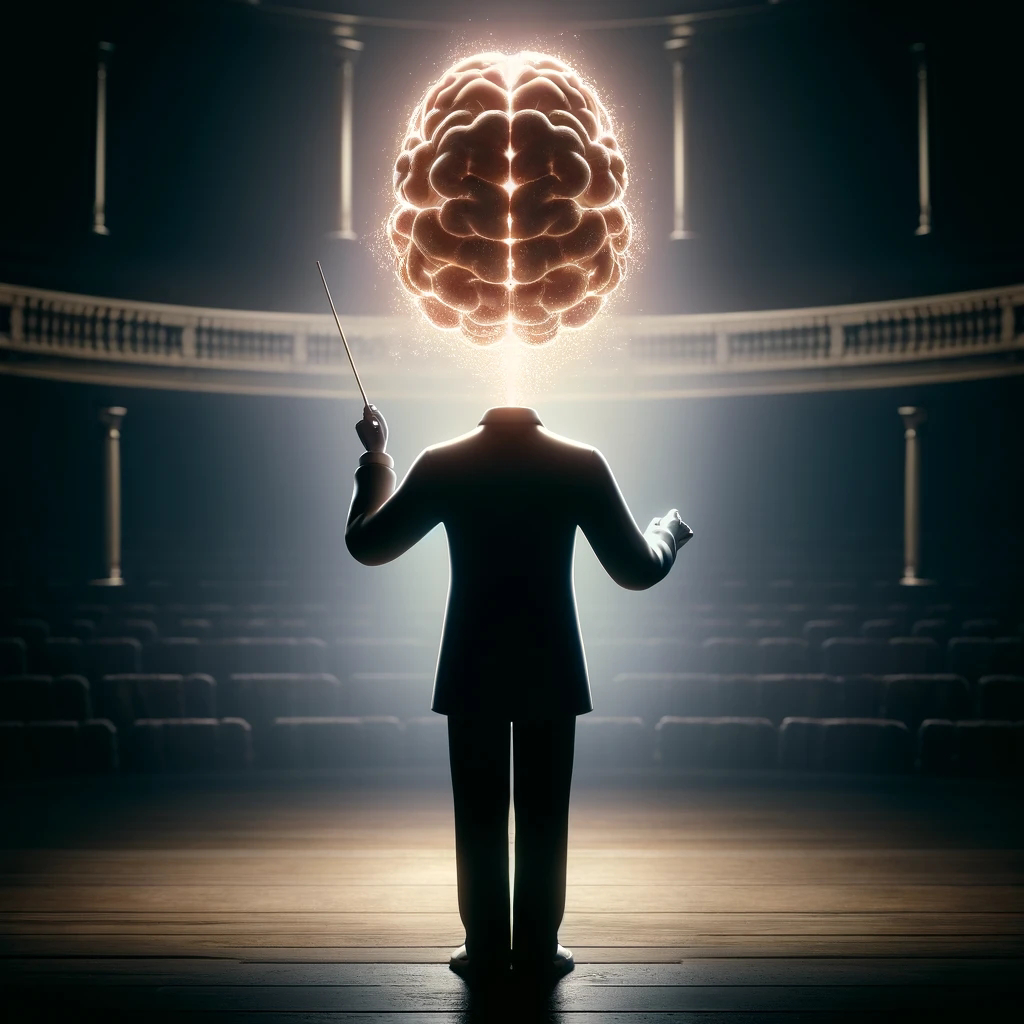The Emergent Symphony of Cognition: Unifying Neuroscience, Philosophy, and Psychology
what is cognition?
Cognition refers to the mental processes involved in acquiring knowledge and understanding through thought, experience, and the senses.
It encompasses a range of functions, including:
- Perception - the ability to take in and interpret information from the senses
- Attention - the ability to focus on specific information
- Learning - the process of acquiring new knowledge and skills
- Memory - the ability to store and recall information
- Language - the ability to understand and use language
- Problem-solving - the ability to analyze information and come up with solutions
- Decision-making - the ability to make judgments and choices
Cognition is a broad term that covers the various mental abilities that allow us to think, perceive, learn, and interact with the world around us. It is a central focus of the field of cognitive psychology, which studies the underlying processes and mechanisms of the mind[1][2][3][4].
Human cognition involves both conscious and unconscious processes, and can be influenced by factors like emotion, experience, and environment. Understanding cognition is important for fields like psychology, neuroscience, and computer science as it sheds light on how the mind works[3][4][5].
Cognition, the elusive phenomenon that has captivated thinkers across disciplines, is like a grand symphony emerging from the intricate interplay of neural instruments. Just as the beauty of a musical piece cannot be reduced to the notes played by individual musicians, the essence of cognition lies not in the firing of single neurons, but in the coordinated dance of neural populations across the brain.
Recent neuroscientific research has illuminated the critical role of brain rhythms—oscillating electric fields—in orchestrating this neural ballet. Like a conductor's baton, these rhythms dictate the tempo and dynamics of neural activity, enabling the emergence of coherent thoughts and behaviors. The "spatial computing" theory, for instance, posits that lower-frequency beta rhythms act as top-down control signals, constraining where faster gamma rhythms can encode sensory information. This interplay of rhythms gives rise to flexible cognitive processes, allowing the brain to seamlessly integrate and segregate information as needed.
Philosophers like Daniel Dennett have long argued that the self and consciousness are not singular entities, but rather emergent properties arising from the complex interplay of neural processes. The notion of the mind as a "user-illusion" aligns with the neuroscientific view of cognition as an emergent phenomenon, irreducible to the activity of individual neurons. By rejecting the "Hard Problem" of consciousness in favor of understanding these emergent properties, Dennett invites us to embrace the complexity of the brain's symphony.
Psychological frameworks, such as the Mind Map of Human Experience, further emphasize the dynamic and multifaceted nature of cognition. Mental states and behaviors are seen as the products of ever-shifting brain networks, shaped by the constant interplay of external stimuli and internal processes. The brain's remarkable capacity for neuroplasticity allows it to adapt and reconfigure itself in response to new experiences, giving rise to the fluid and context-dependent nature of cognition.
As we stand at the confluence of these diverse perspectives, a unified vision of cognition begins to emerge. It is a vision that celebrates the brain's astonishing ability to weave disparate neural threads into a cohesive tapestry of thoughts and experiences. By studying the brain at the level of large-scale, rhythmic interactions, we can begin to decipher the score of this grand cognitive symphony.
This understanding holds not only intellectual value but also practical implications. Many neurological and psychiatric disorders, such as schizophrenia, epilepsy, and Parkinson's, involve disruptions of the brain's emergent properties. By unraveling the mechanisms underlying these disruptions, we may unlock new avenues for treatment and intervention. Moreover, appreciating the emergent nature of cognition can foster a deeper understanding of the human experience, bridging the gap between the biological and the subjective.
As we continue to explore the intricate web of neural interactions that give rise to cognition, let us embrace the complexity and beauty of the brain's orchestral performance. By attuning our scientific, philosophical, and psychological lenses to the harmonies and dissonances of this emergent symphony, we can hope to unravel the mysteries of the mind and, in doing so, gain a deeper understanding of what it means to think, feel, and be human.






Comments
Post a Comment